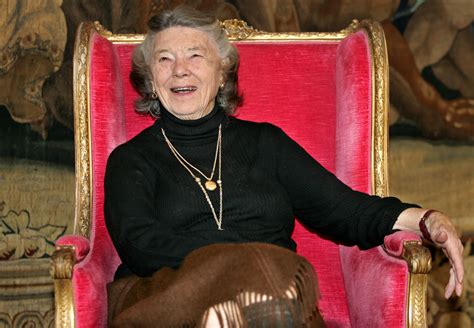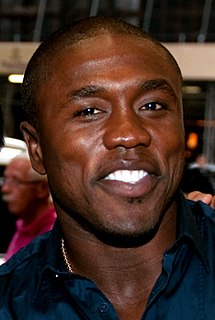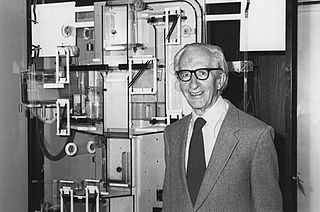A Quote by Tim Harford
Bill Phillips was this nervous, chain-smoking student. He had signed up to be an engineer, he had gone away to fight in the Second World War, he had come back. He had switched to sociology because he wanted to understand how people could do these terrible things to each other. And he did a little bit of economics on the side.
Quote Topics
Related Quotes
Grief was like a terrible burden, but at least you could lay it down by the side of the road and walk away from it. Antonia had come only a few paces, but already she could turn and look back and not weep. It wasn't anything to do with forgetting. It was just accepting. Nothing was ever so bad once you had accepted it.
It was only my second night in Africa, yet something had begun to grow inside me which I could not stop, as if my childhood dreams had finally found the place where they could materialize. I had arrived where I was always meant to be. I did not know how it could be practically achieved, but I was certain beyond any shadow of a doubt that it was here that I wanted to live.
I think I governed effectively. I don't have any doubts about that. I had the benefit, when I was in office, of having an excellent relationship with the Republican Party. We had superb bipartisan support and we had the highest batting average of any president since the Second World War, except Lyndon Johnson. He had a little better average than I did.
It's a different mindset. Coming from where I come from, we always had to defeat the odds. We didn't have what other people had. We had to work twice as hard for everything. To be noticed to be seen. Even back then it drove me to be the best that I can be. I wanted everyone to know I was somebody you had to watch.
But, finally, I had to open my eyes. I had to stop keeping secrets. The truth, thankfully, is insistent. What I saw then made action necessary. I had to see people for who they were. I had to understand why I made the choices I did. Why I had given them my loyalty. I had to make changed. I had to stop allowing love to be dangerous. I had to learn how to protect myself. But first… I had to look
I was a child of the women's movement. Everything I had learned was from my mother and my grandmother, who both had a very pioneering spirit. They had to, because they had to change flat tires and paint the house - because, you know, the men didn't come home from the war or whatever else, so women had to do these things.
I had no money. I had no savings account.So I would bring down my color TV set, a Sears TV with a cable snaked into it - they had no video-in back in those days - and hooked it up to the circuit of very few chips and then a little keyboard you could type on. And I was trying to impress people with how did he do it with fewer chips than anyone could ever imagine?
The back windows looked out over the fields, then the Atlantic, maybe a hundred yards away. Actually, I'm just making that bit up. I had no idea how far away the sea was. Only men could do things like that. "Half a mile." "Fifty yards." Giving directions, that sort of thing. I could look at a woman and say "Thirty-six C." Or "Let's try it in the next size up." But I had no idea how far away Tim's sea was except that I wouldn't want to walk to it in high heels.
I've always been a fast reader. Now I had to do it slowly, discussing each sentence. And every time I wanted to change something I had to come up with an intelligent defense I could be pretty sure that they would turn my suggestion down, as they had so many aspects to keep in mind. However, if I argued well, I could have a chance. I had to think of every comma, every word.





































